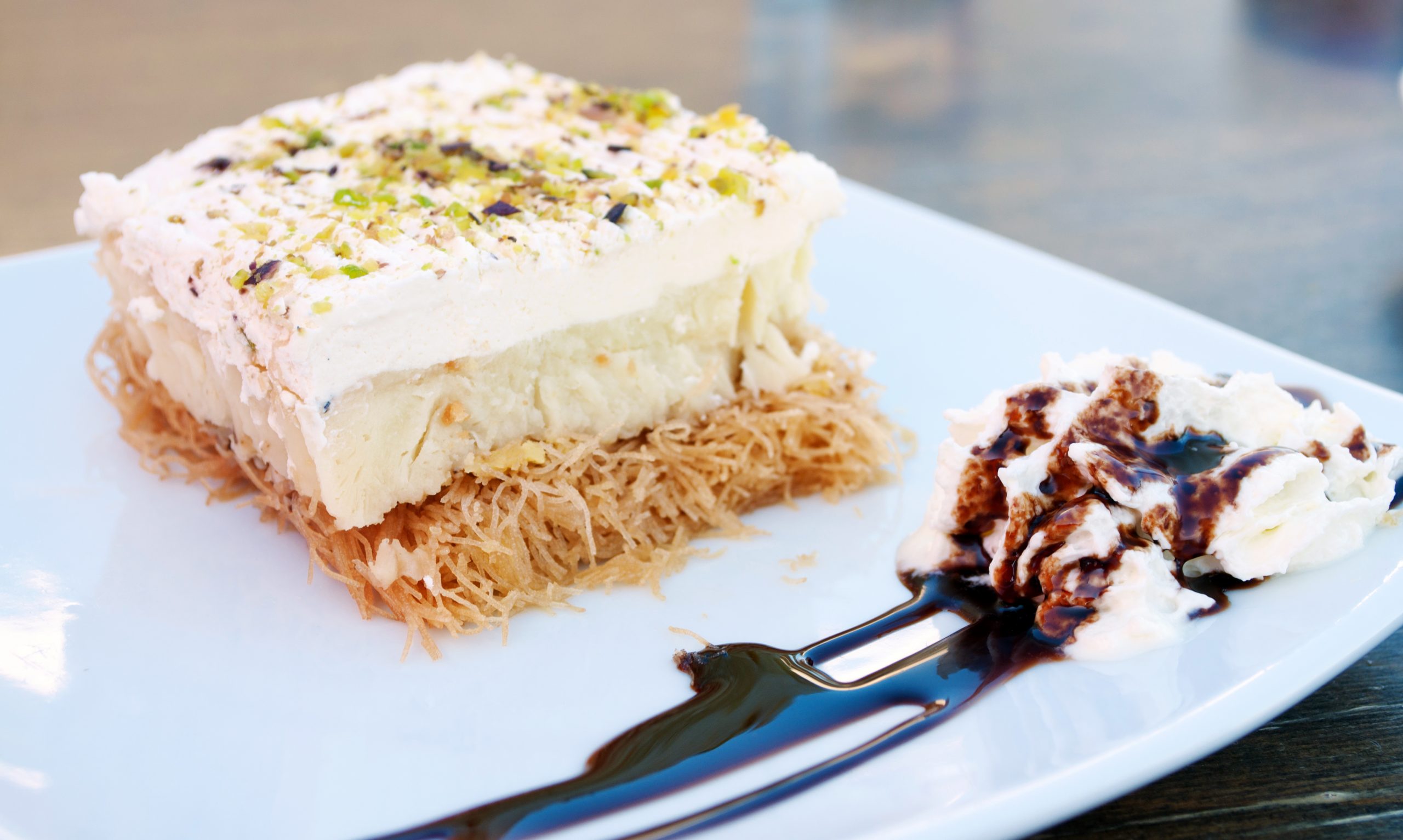knicks_fan87
Active member
This question is out of pure curiotisty! What do my fellow Greek-Americans and Greek-Canadians do for thanksgiving? Do you eat turkey? Do you even celebrate?
Follow along with the video below to see how to install our site as a web app on your home screen.
Note: This feature may not be available in some browsers.
I am a Greek- American. My family does a lot of the American-traditional stuff (like serving a turkey, pumpkin pie, that kind of thing), but we also add some favorite Greek dishes. My family "stuffing" involves rice, allspice, and chestnuts and I have heard many Greek Americans say they serve the same thing. I don't even know what it is or what the origin is. Last year, we served spanakopita for an appetizer, and Ek Mek Kataifi for dessert alongside pumpkin and apple pie. For the record, the Ek Mek actually stole the show!This question is out of pure curiotisty! What do my fellow Greek-Americans and Greek-Canadians do for thanksgiving? Do you eat turkey? Do you even celebrate?

I loooove ek mek kataifi!! Is there any recipe that you used that you could divulge for us?I am a Greek- American. My family does a lot of the American-traditional stuff (like serving a turkey, pumpkin pie, that kind of thing), but we also add some favorite Greek dishes. My family "stuffing" involves rice, allspice, and chestnuts and I have heard many Greek Americans say they serve the same thing. I don't even know what it is or what the origin is. Last year, we served spanakopita for an appetizer, and Ek Mek Kataifi for dessert alongside pumpkin and apple pie. For the record, the Ek Mek actually stole the show!
It's delicious, right?! Here's a recipe:I loooove ek mek kataifi!! Is there any recipe that you used that you could divulge for us?

Sounds beautiful. Kudos to your family for making so much food, that is truly the Greek way, making sure that everyone is taken care ofWe Australian Greeks do not have Thanksgiving. BUT in 2006 we were in New York. My sister and I went to the Thanksgiving Day Parade. Didn't realise how freezing cold it was, left my gloves behind. A vey kind lady next to me gave me her leg warmer as my hands had turned purple. We had dinner at our cousin's in Astoria. They had everything (turkey, stuffing, lamb, chicken) as they didn't know what we would eat. We had to say what we were thankful for. Our Mum and Aunt very tearfully said that we were there to join them. And we were very, very grateful and thankful.
